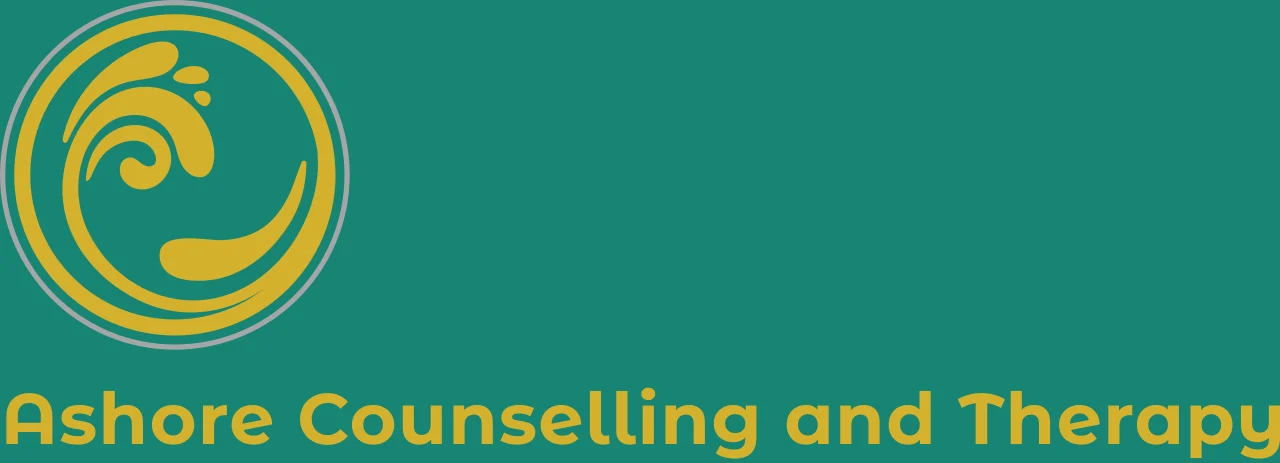Your Thoughts Aren’t Facts: How Counselling Can Support You in Managing Negative Thinking
We all experience thoughts that pop into our minds unexpectedly. Some pass quickly, while others can overwhelm us and affect our mood. Common examples include “I’m not good enough,” “I’ll never succeed,” or “Everything will go wrong.” It’s important to remember: Thoughts Are Not Facts. They are interpretations, assumptions, or fears — not objective reality. We grow up believing "I am my thoughts", so when thoughts appear we assume they are real and facts, as if they are the truth about us or the world. When we tell ourselves, "I always mess up" they sound like statements of fact, even when are not.
Recognising this distinction is a vital step in managing anxiety, improving mental health, and building emotional resilience. How we respond to our thoughts can either trap us in unhelpful patterns or empower us to feel calmer, clearer, and more confident in everyday life.
The Science: Why Understanding Your Thoughts Matters
Our brains are naturally wired to detect threats — a survival mechanism. This can make negative self-talk feel automatic, reinforcing pathways linked to stress, low self-esteem, and anxiety.
The encouraging news is that neuroplasticity allows our brains to adapt. By noticing thoughts, exploring them, and deliberately choosing alternative perspectives, we can begin to shape more balanced patterns of thinking.
The Role of Humanistic Counselling
As a humanistic counsellor, I focus on creating a therapeutic relationship beween us which is a safe, empathetic space for personal growth. Many issues, especially those linked to trauma, grief, or deep-seated patterns, cannot be “solved” with short-term techniques alone.
That said, practical strategies like ACT can be useful tools to manage thoughts and reduce distress in the moment, while supporting the longer journey of self-exploration and personal growth.
Using ACT Techniques as Supportive Tools
ACT is a simple, memorable framework that can help you respond to negative thoughts without judgment:
- ACKNOWLEDGE- Pause and Observe. When a challenging thought appears, take a moment to step back. Notice it without judgment, as if it were a cloud drifting across the sky. Deep breathing can help ground you in the present.
- CHECK- Reflect Gently. Ask yourself: Is this thought truly accurate? What evidence supports or contradicts it? Could there be another perspective? This isn’t about forcing change — it’s about noticing and exploring.
- TRANSFORM- Consider Alternatives. You might try replacing unhelpful self-talk with kinder, more realistic thoughts. Even small shifts, like turning “I can’t do this” into “I’ll do my best, and that’s enough,” can provide relief in the moment.
A simple shift of "I'm having the thought that..." instead of "This is true" can help you relate to thoughts differently.
Why These Techniques Can Help
Short-term strategies like ACT can reduce immediate distress and provide a sense of calm, clarity, and control, but they are not a substitute for the ongoing process of counselling which seek to address the underlying causes of these negative thoughts. The therapeutic relationship provides a space to explore emotions deeply, build insight, and develop long-term resilience.
Tips for Using ACT in Everyday Life
Remember, thoughts are not facts. Healing and personal growth start with how we talk to ourselves.
- Start Small: Pick one recurring negative thought to observe and explore.
- Write It Down: Journaling can help you notice patterns and gain insight.
- Practice Self-Compassion: Treat yourself as you would a friend.
- Be Consistent: Repetition strengthens healthier neural pathways and supports overall wellbeing.
Box Breathing
Another tool is Box Breathing- Inhale for a count of 4- Hold for 4- Exhale for 4- Hold for 4.
Repeat a few times and notice the shift — your body signals safety, your heart rate steadies, and your mind begins to clear. Box breathing is a simple, evidence-based way to calm your nervous system and bring yourself back to balance.
Contact Ashore Counselling and Therapy
If you’d like support in managing negative thoughts, reducing anxiety, or building emotional resilience, I’m here to help. At Ashore Counselling and Therapy, I provide humanistic counselling sessions tailored to your needs.
📩 Get in touch to start your journey with a free 15 minte chat

